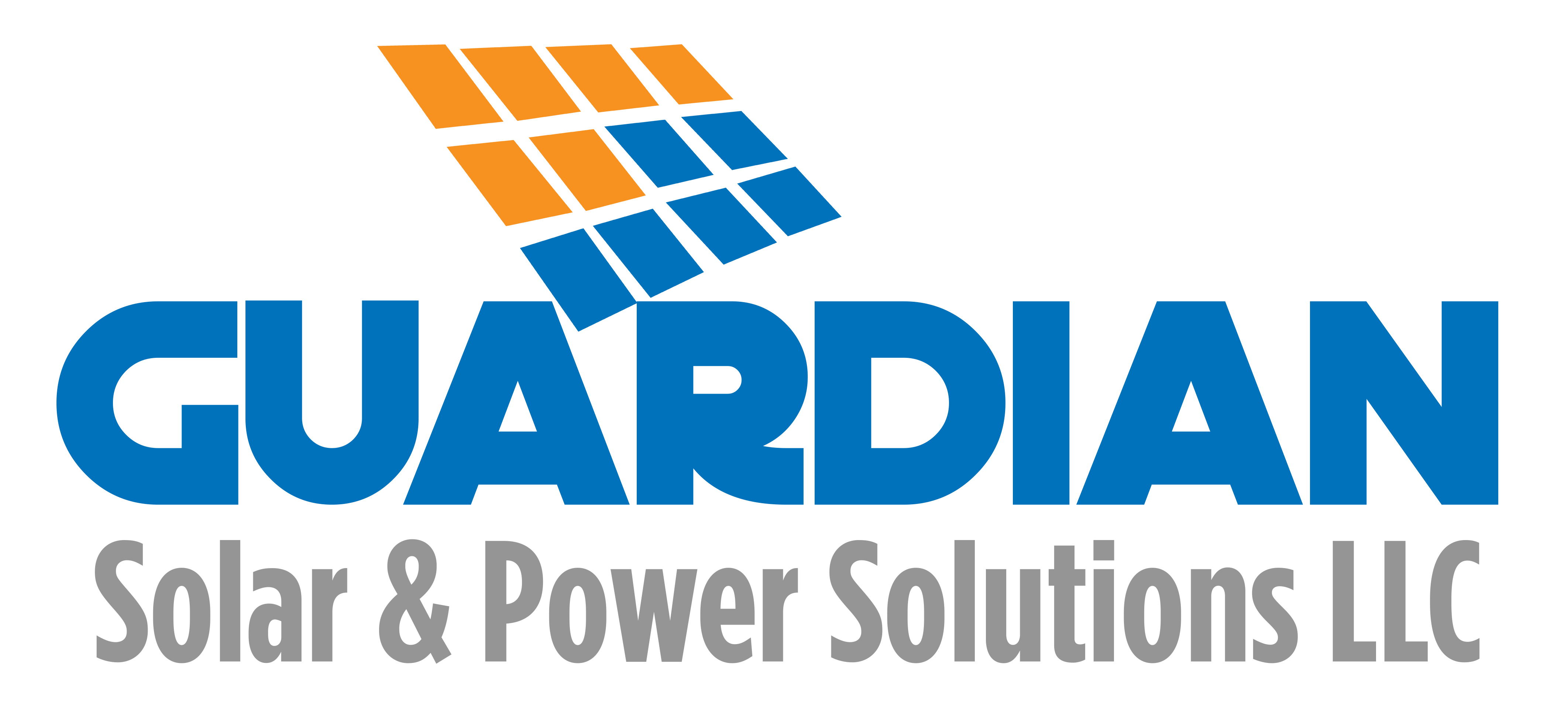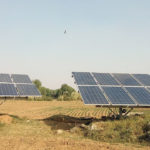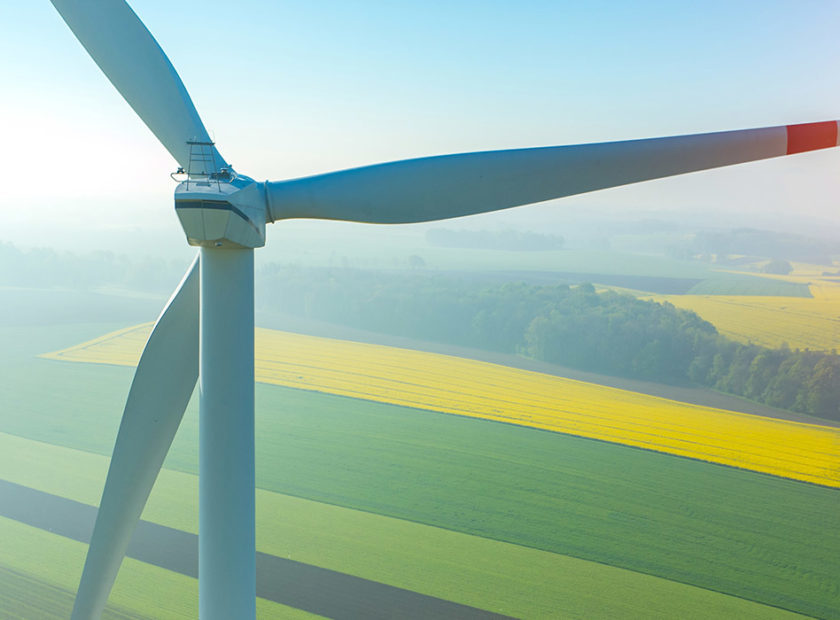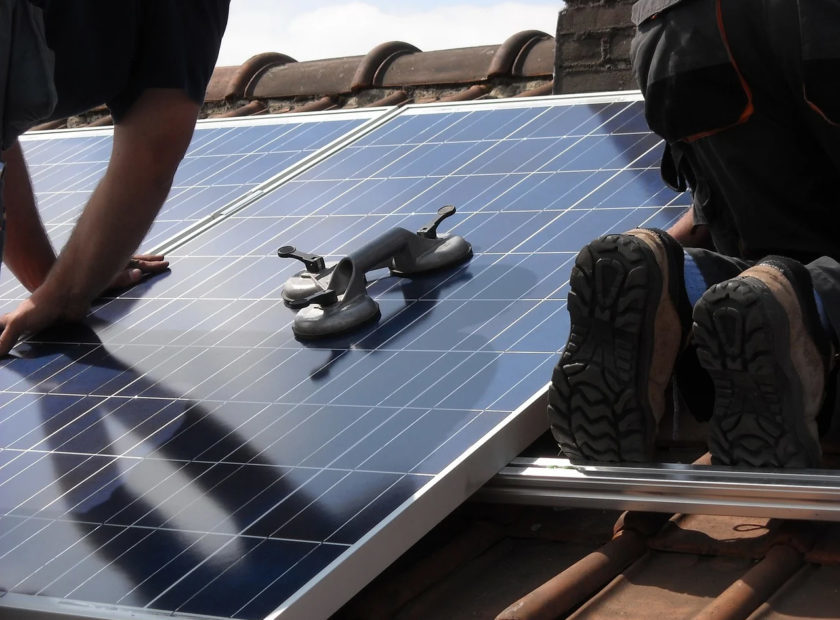Nigerian downstream petroleum company Ardova plans to raise debt and equity financing as it seeks to reorientate its business model towards clean energy, CEO Olumide Adeosun tells The Africa Report.
The company aims to complete a capital raising in the fourth quarter of 2020 or the first quarter of 2021, Adeosun said in an interview. He declined to say how much he will be seeking. Ardova plans to appoint an international bank to find the debt and will seek to raise the equity itself, says Adeosun.
The proceeds will be used to scale up the clean energy business, which currently makes a minimal contribution to the top line. Ardova is aiming for 20% of revenue to come from clean energy by 2024. This will be divided between liquefied petroleum gas (LPG) for cooking, solar power and waste to energy conversion.
The COVID-19 pandemic has given fresh urgency to Ardova’s plans. Lockdowns showed that “it’s possible not to sell petrol in this country for a month and the world goes on,” says Adeosun. The company’s aviation fuels business “fell apart” as demand slumped.
- The biggest share of clean energy revenue is likely to come from LPG, notes Adeosun, adding that clean cooking fuel is one area where the demand curve is not affected by recession. “It’s an area of focus for the government and for us.”
- Ardova is also in talks with prospective partners in solar and waste to energy conversion.
- Adeosun expects the share of clean energy to continue to increase its share of company revenue beyond 2024, driven by strong demand for electric motorcycles and bikes.
Solar Grid Access
Nigerian billionaire Femi Otedola sold his 75% stake in Forte Oil to local oil trader Prudent Energy in 2019. The company, which trades on the Nigerian stock market, was then renamed Ardova Plc in January.
The company’s diversification strategy was in place before COVID-19, and the pandemic did not trigger any need for fundraising, says Adeosun. “The rationale was always about diversifying. We know how to distribute fuels,” and this knowledge can also be used for clean energy, he adds.
READ MORE Financing solar power can drive African adoption of mobile moneyDaily newsletter: join our 100 000 subscribers!Each day, get the essential: 5 things you need to know Sign up Also receive offers from The Africa ReportAlso receive offers from The Africa Report’s partners
Ardova is interested across the spectrum of solar power services as 77% of addressable Nigerian users have no grid access, says Adeosun.
- Even those who are on the grid often have less than four hours of access per day, he adds.
- That creates scope for the company to use its “pay as you go” model for petrol sales to new products, says Adeosun.
- Ardova will offer solar batteries which once charged up can give power for a day or longer.
- Adeosun’s plan is to implement a “pay as you go renewables” model which uses a digital payments platform while remaining open to traditional payment methods.
Containing costs while executing the strategic shift will be a challenge.
- A note from Meristem Securities in Lagos on June 29 says that Ardova’s cost-to-sales ratio in the first quarter rose to 94.64%, versus 92.80% a year earlier.
- That compares unfavourably with rivals such as Total on 88.96% and Eterna on 92.71%, says Meristem.
- The “cost brakes” have been put on some capital expenditure plans as a result of COVID-19, notes Adeosun.
A high cost base and a poor economic outlook means that Ardova will need to find investors who have what microfinance practitioners call a “double bottom line”. Such investors aim to make a social impact through innovations such as clean cooking and renewable energy, as well as getting a financial return.










